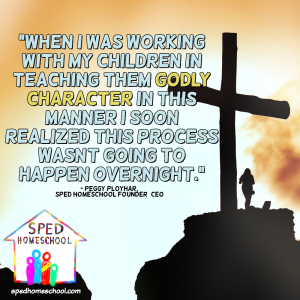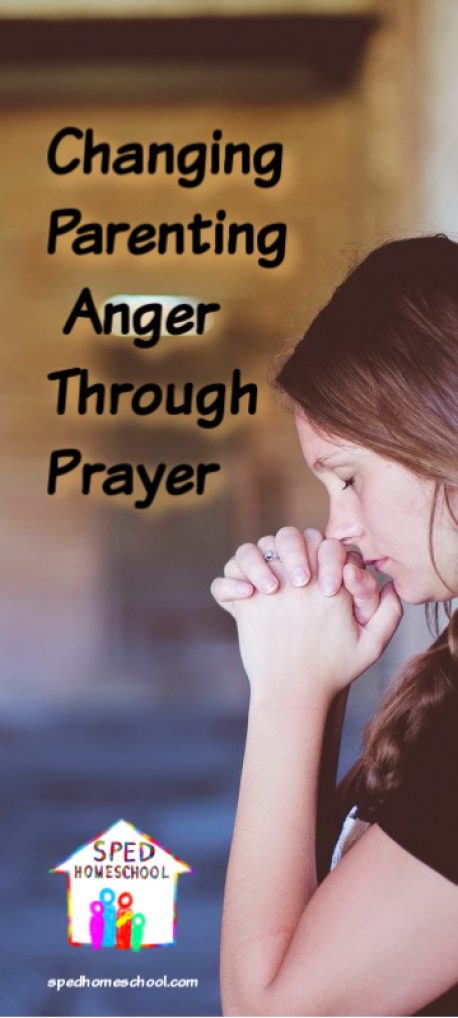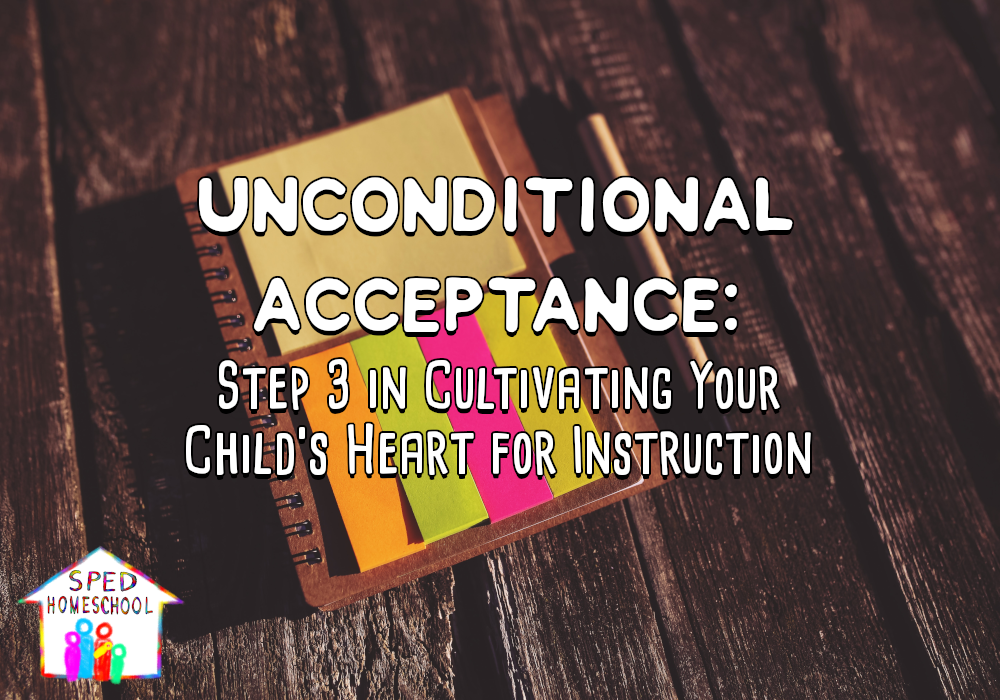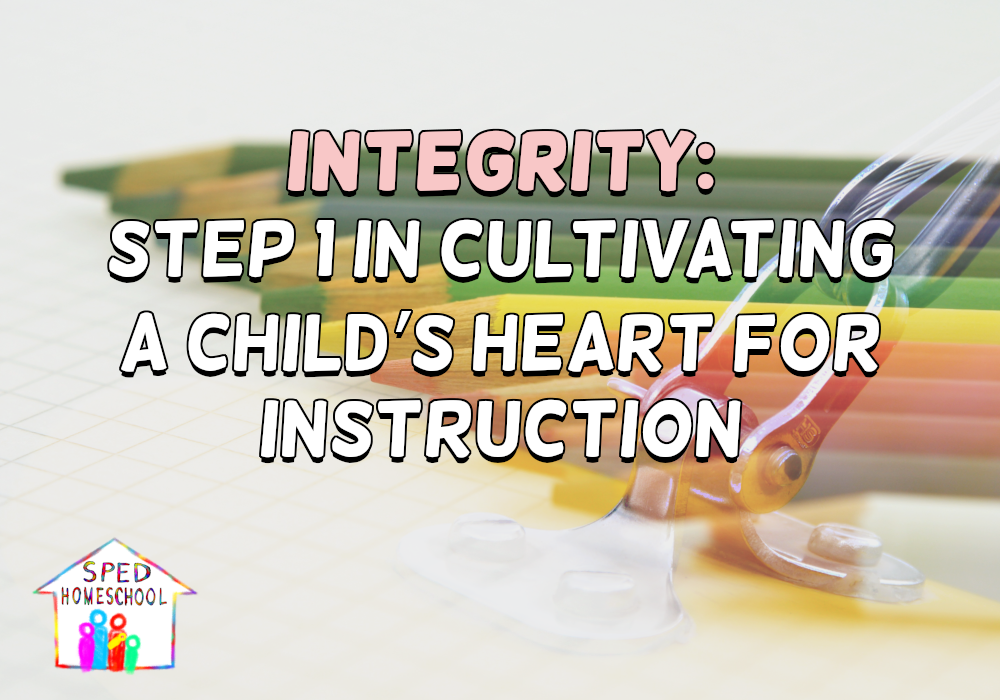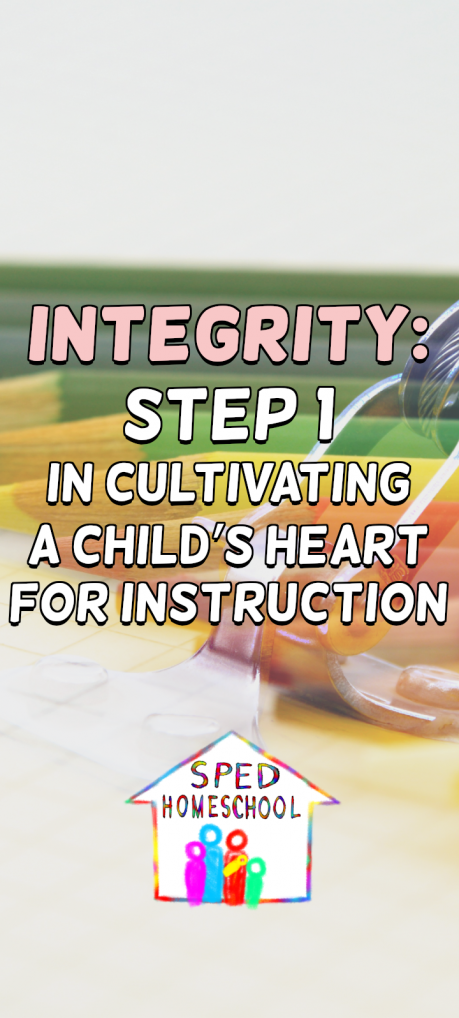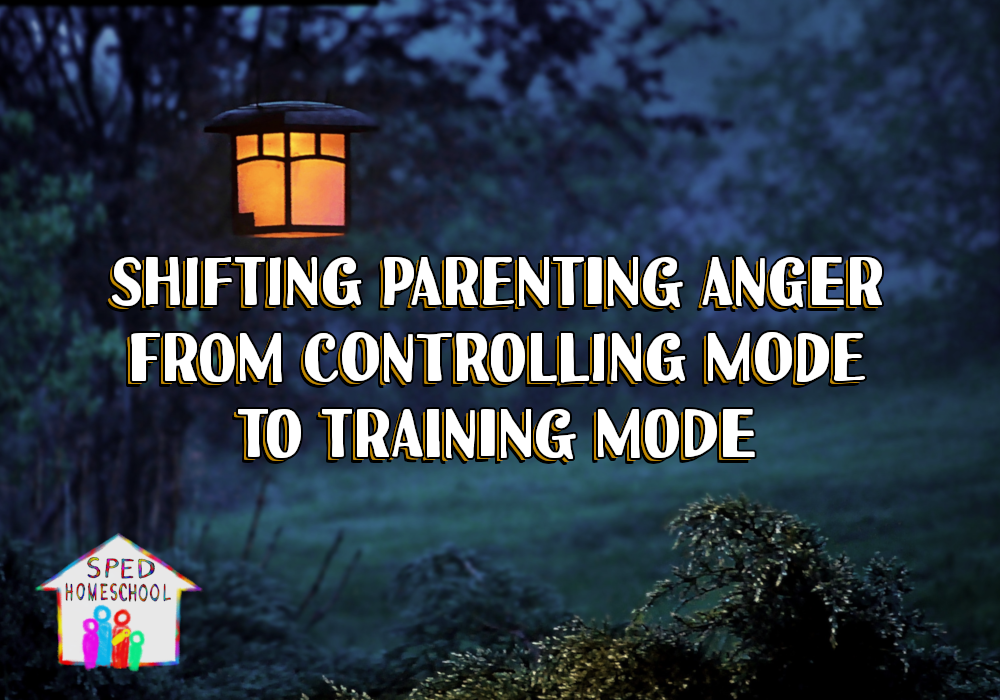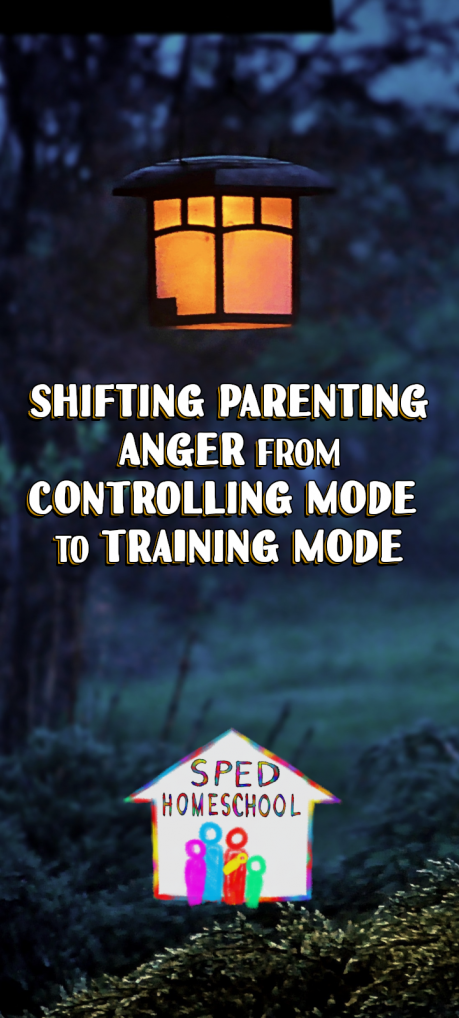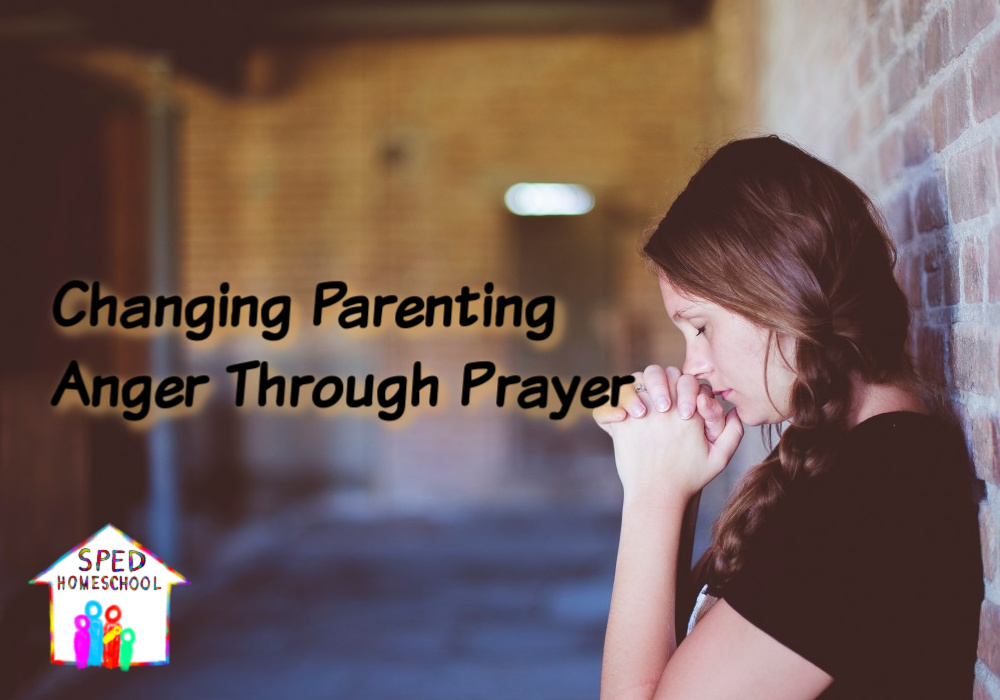
As humans we instinctively know we need to pray. When tragedy strikes we ask for prayer, we gather to grieve and cry out, and our hearts seek healing from beyond what we can see, feel, and touch. But, the biggest tragedy is that we don’t practice praying much when things are going well in our lives. We forget we have needs and large voids we can’t fill on our own. The biggest void I could not fill through my own self-determination was the one created by the damage my parenting anger had created in my own life and in my relationships with my children.
A Spiritual Battle
Parenting anger at its core is a spiritual battle, and therefore prayer is fundamental to changing parenting anger and bringing about healing, in both the parent and the child. Prayer alone brought forth this healing in my life. How? By ushering forgiveness and restoration to places grace alone could reach.
Prayer is about asking, but it is more than that. It is also about seeking something greater and desiring for it to come into our lives and change our nature; the nature which often brings us to the place where we realize our need for forgiveness and healing. And, prayer is about submitting to that change by pursuing it with tenacity rather than pursuing our natural inclinations or good intentions.
A Plea for Change
When I decided in my heart that I no longer wanted to live with the rages I often experienced, I started to pray for God to change my heart and to heal my relationships with my children with more vigor than I ever had before. My prayers went from “stop this” to “change me.”
Change was slow, but every time God revealed a new lesson I then prayed for His help to heal me, change me, and restore me. When I backslid in carrying out this new lesson, I sought out His forgiveness as well as the forgiveness of my children, and we prayed together for God to help us accept His grace and do better the next time. I also started to make it a point to pray with my children when they met with failure in their own battles.
Fundamental to Change
Prayer was fundamental in keeping us moving forward, in giving us the strength to keep going on, to accepting our imperfect natures, and in realizing all the more our need for a Savior and a constant help as we navigated life with a desire to become less angry and hurt and more loving and compassionate—more like our heavenly Father.
When I started this series on parenting anger, I never could have imagined this process would take so long to complete and I would have so much to share. If this is the first article in this series you have read, I would highly recommend you go back to the beginning and digest each article one at a time. Savor the wisdom God shared with me as I healed through my own struggle and allow the lessons to go not just to your head, but also your heart.
My prayer for you is that you don’t give up, on yourself or your children. The struggle to change and grow in this ability is worth the battle, and the best part is that God will be fighting right alongside you all the way.
Check out all of the articles in this series:
- Why We Should Be Talking About Parenting Anger
- Parenting Anger Demystified
- The Parenting Anger Escape Door
- Shifting Parenting Anger from Controlling Mode to Training Mode
- How-To Effectively Instill Godly Character in Children Using Parenting Anger
- Integrity: Step 1 in Cultivating a Child’s Heart for Instruction
- Humble Authority: Step 2 in Cultivating Your Child’s Heart for Instruction
- Unconditional Acceptance: Step 3 in Cultivating Your Child’s Heart for Instruction
- Forgiveness & Mercy: Step 4 in Cultivating Your Child’s Heart for Instruction
- Honor: Step 5 in Cultivating Your Child’s Heart for Instruction
- Time Management: Step 6 In Cultivating Your Child’s Heart for Instruction

